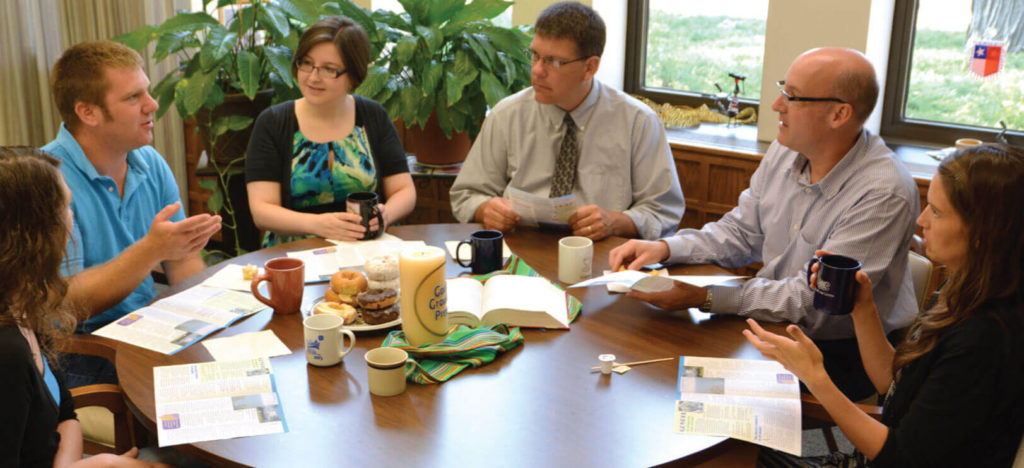
Twenty-four hours times sixty minutes per hour equals 1,440 minutes in a day. For only two of those minutes does the average person get listened to with attention and depth, according to research I read.
Who listens to us actively, hears our words, reads our faces, senses our feelings, and encourages us to complete our thoughts and stories? Who pauses their own thoughts long enough to listen? Are most of us as deaf as the man whose friends bring him to Jesus in the gospel?
Today we can text rather than talk, which raises new questions? How deep does texting take relationships? What am I missing if I don’t text? Can we make and keep friends any better with our thumbs than our ears? Am I more or less isolated from others in my life?
Feminist Nell Morton urged women “to listen one another into speech.” Attentive listening affirms others’ worth and draws their experience into words. Unsorted, undervalued impressions and memories become words spoken aloud that we can shape into sentences and concepts that express feelings, learnings, purpose, intentions. In sharing across the boundaries of our separate selves, we can thin the space between us.
Our community has done side-by-side partner conversations in which one person responds to a question for 15 or 30 minutes without interruption. The question invites serious sharing, such as: What motivates you to do justice work? How did you decide to be a nurse? The listener can only speak if the partner stops and then can ask only prompting questions. Then the partners reverse. I remember well the five people to whom I’ve listened in this exercise.
My sister Jan lived the miracle in Sunday’s gospel. When by two she hadn’t learn to talk, our parents took her to the ear doctor, who discovered she had almost no hearing in one ear and less than half in the other. Jan used her eyes to hear by lip reading. Mother practiced phonics with her until she spoke quite clearly.
- Who has listened you into speech?
